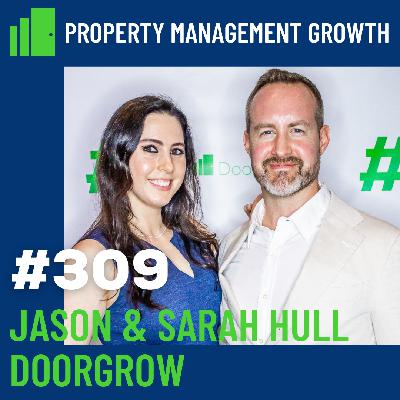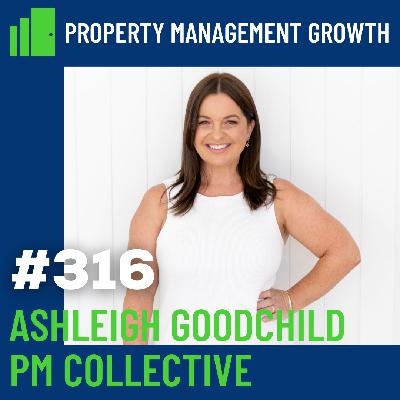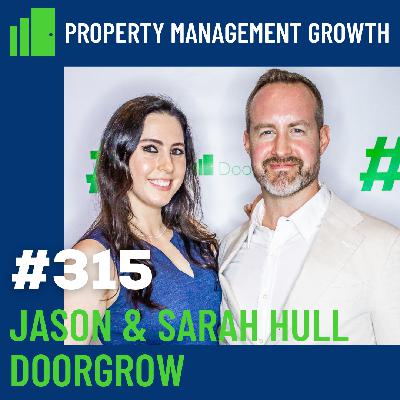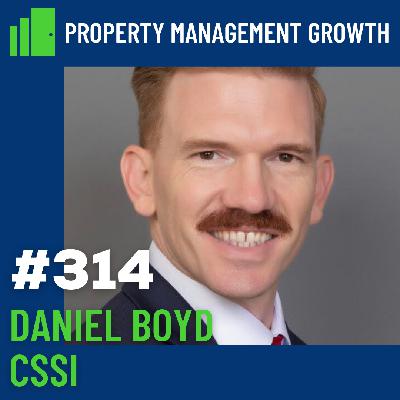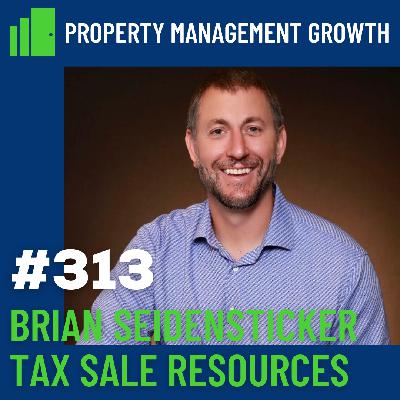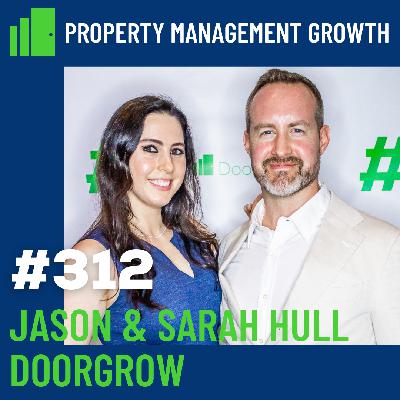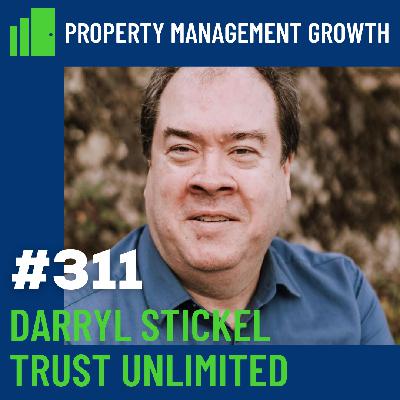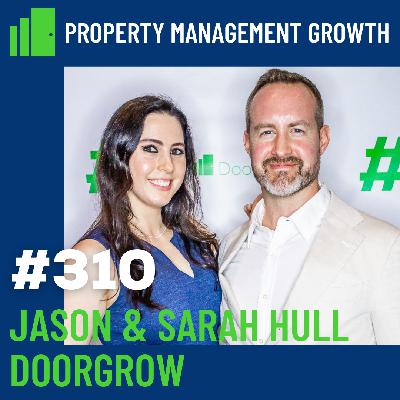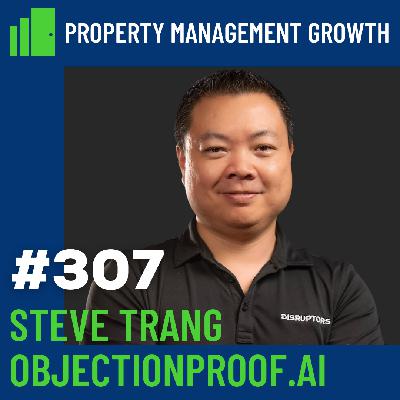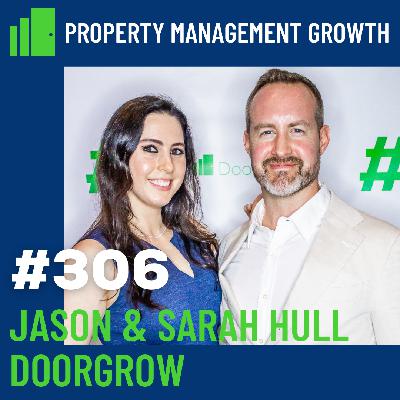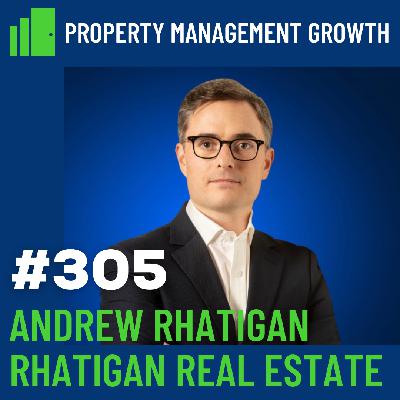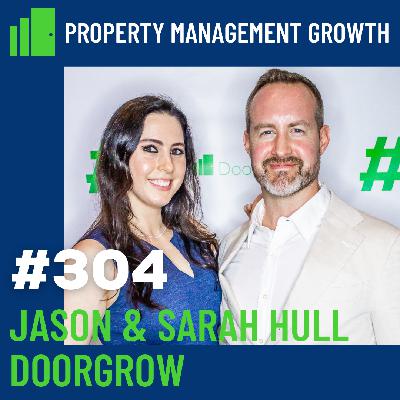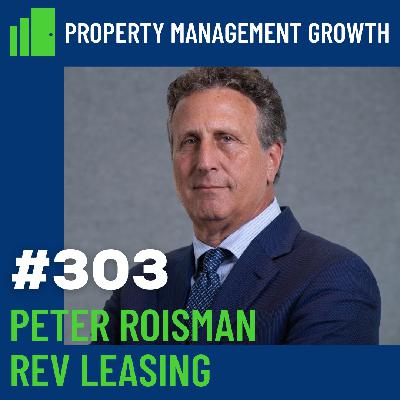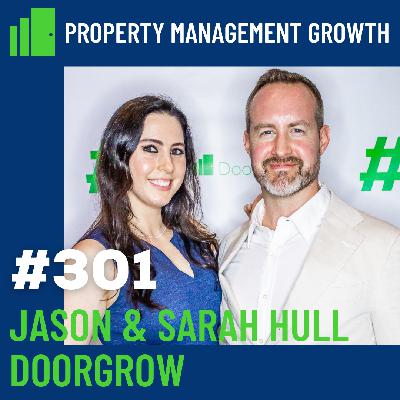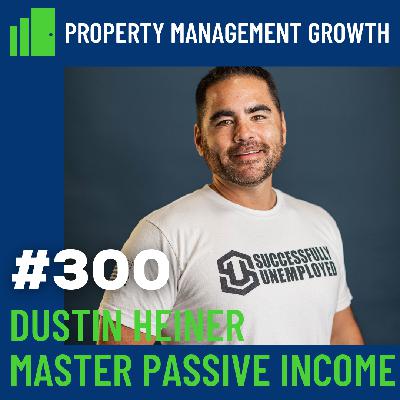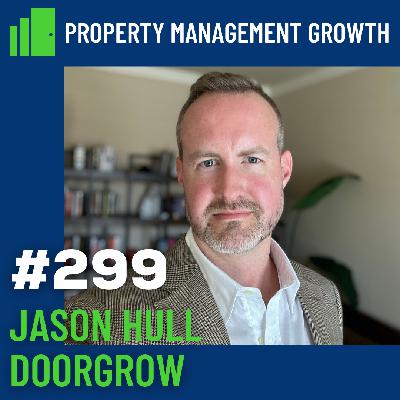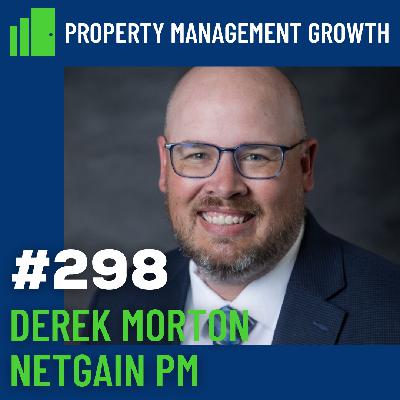DGS 309: Property Management Pricing Principles that Innovate
Description
If you've ever worried that changing your pricing structure or raising your fees would scare away your property management clients, you are likely not making enough money for the work you and your team are doing.
In this episode of the #DoorGrowShow, property management growth experts Jason and Sarah Hull dive into the psychology and strategy behind the innovative 3-tier hybrid pricing model.
You'll Learn
[01:08 ] Addressing the Common Fears of Changing Pricing
[09:10 ] Creating 3 Pricing Tiers Based on Psychology
[16:58 ] Shifting Your Mindset Surrounding Money
[21:12 ] Distinguishing Your 3 Pricing Plans
Quotables
"Unless you want to be the cheapest and deliver the most cutthroat, like awful service, and just target the cheapest owners, which have the highest operational cost and the lowest margins, and just hemorrhage money and not be able to grow your business, that's the game you can play."
"That psychological impact of investing in yourself financially, doing something to financially invest in leveling up you and your business creates this unconscious perception that… you are worth being invested in."
"If you have good pricing, you have a really optimized pricing model, and you know how to sell it, it actually changes your portfolio. It incentivizes you having better properties."
Resources
Transcript
Jason Hull (00:00 )
What would happen
if you doubled your pricing and half of your clients quit. well, then nothing would happen. Nothing would change. then I say, what would happen to your operational costs?
All right, we are coming to you from Mexico. We are Jason Hull and Sarah Hull, the owners of DoorGrow, the world's leading and most comprehensive coaching and consulting firm for long-term residential property management entrepreneurs. For over a decade and a half, we have brought innovative strategies and optimization to the property management industry. At DoorGrow, we have spoken to thousands of property management business owners, coached, consulted, and cleaned up hundreds of businesses.
helping them at doors, improve pricing, increase profit, simplify operations, and build and replace teams. At DoorGrow, we believe that good property managers can change the world and that property management is the ultimate high trust gateway to real estate deals, relationships, and residual income. At DoorGrow, we are on a mission to transform property management business owners and their businesses. We want to transform the industry, eliminate the BS, build awareness, change perception, expand the market, and help the best property management entrepreneurs win.
Now let's get into the show. All right. So we're going to be chatting about what today? Pricing. A little bit about pricing. we have coached and consulted property managers on pricing for a long time, like over a decade. And we've brought some innovative strategies. Like we were first to bring to market really and push
into the industry the three tier sort of pricing model having three plans. And this was based on the psychology that there's three types of buyers, cheapos, normals and premiums. You know who they are, right? You've dealt with them. And so, and then more recently in our evolution, we've been pushing a hybrid model. I got that idea originally from Scott Brady. Shout out to Scott, smart guy. And we innovated on that and developed
our own model for clients to make that really effective. And so this is something that we've coached quite a few people on. we consistently see some challenges come up over switching their pricing. first, what are some of the fears or concerns that come up, About switching pricing? Yeah. Everyone's always worried, oh my god, what if I lose all of my clients? Right. I'm going to change my pricing, and everyone's going to leave me. And we've helped a lot do that.
they lost all their clients. No, it never happens. It never happens. No, if they lose any, it's typically their worst clients. And then they end up finding that that was a blessing. Yeah. So they end up making money by getting rid of those and they're charging more money. So really they're increasing their revenue. So a lot of times to get them over that hurdle, I usually use this example. I say, What would happen
if you doubled your pricing and half of your clients quit. Like we did something crazy and extreme. So we go to the extreme. And what do people usually say at first? well, then nothing would happen. Nothing would change. I'm like, really? So then I have to ask deeper questions. So what do mean nothing would happen? Well, I'd still bring in the same amount of revenue. I've doubled my price, half the clients quit. I still have the same revenue. And then I say, what would happen to your operational costs? So they start thinking.
So you probably already figuring this out right now, listening to this. So what would happen to your operational costs? They'll say, it'd be cut in half. I'm like, would it? If you lost all of your worst properties and worst owners, like the most difficult, what would happen to your operational costs? It would probably be a fraction, because this is the 80-20 rule, right? 20 % of the properties, 20 % of your owners are eating up 80 % of your team and staff's attention. And so it might be a lot greater than that.
And so what would happen then to your profit margin? then they start to figure this out, right? And they say, look, we're not gonna do something that extreme. We're not gonna go that extreme. But if we raise your revenue a bit and we decrease your operational cost a bit without changing anything else, even if you lose some clients, you're going to have more profit. That's what actually matters. So that's one of the first initial things. It's just a mindset thing. And some are really afraid, like my owners won't.
They won't go for it. Like, I can't do it. No, I can't change the price and then they'll all leave. And that, I've noticed, it's very scarcity mindset. Right? Your owners aren't with you because you charged the least amount of money, hopefully. And if that's why you have clients is because you're the cheapest one, then that tells me that you have a lot of the cheap clients and you have a lot of clients that don't actually value you or your team.
or your services or anything that you do. And that feels like a really impossible game to win. Because then to win the game, all you have to do is just be the cheapest one. So there's another company that comes along and says, you know what? I'm going to be even cheaper. Well, what's going to happen? You'll lose almost all of your clients then. If it's only about the money, you'll lose almost all of your clients. And the only way to win that is what? A race to the bottom. That is nowhere to be in business.
And so some of the other challenges we deal with when helping our clients figure out their pricing, you know, we give them everything. We're like, here is how to do this weird hybrid model. Here are the things to include in your three plans. Here is a spreadsheet to figure out and compare to your competitors pricing to make sure you're in the realm of reality. We give them all the stuff and then they'll come back to us sometimes with what? A mess. Yeah.
It's like they don't and we have a training we have a training called pricing secrets where we explain all this and the principles that you need to make sure you're aligned with to make sure it's effective and then we'll get this really overly complex complicated messy model where they've got every fee is a different dollar amount for each of the three plans and so somebody looking at this would be like this one is a percentage and that one is a dollar amount and that one's back to a percentage and that one's so then in order for someone to
look at that and go, well, what would this actually cost me? It is now this very complex math formula that the further you go down your pricing sheet, the more math you have to do. You have to go, okay, well, this percent of that number, but now plus this flat fee and now, it's another percent of a different number. And then it's going to take you minutes to try to calculate what is my actual cost on this one plan? And then you have to do that three times because you have three different plans.
then it's so complex that it's hard to understand, it's hard to explain, and it's definitely going to be hard for people to sell, which means it's going to have a really low adoption rate. And then it's going to be something, well, that didn't work. It didn't work because it was too complex. So we need to find the balance. I don't w

